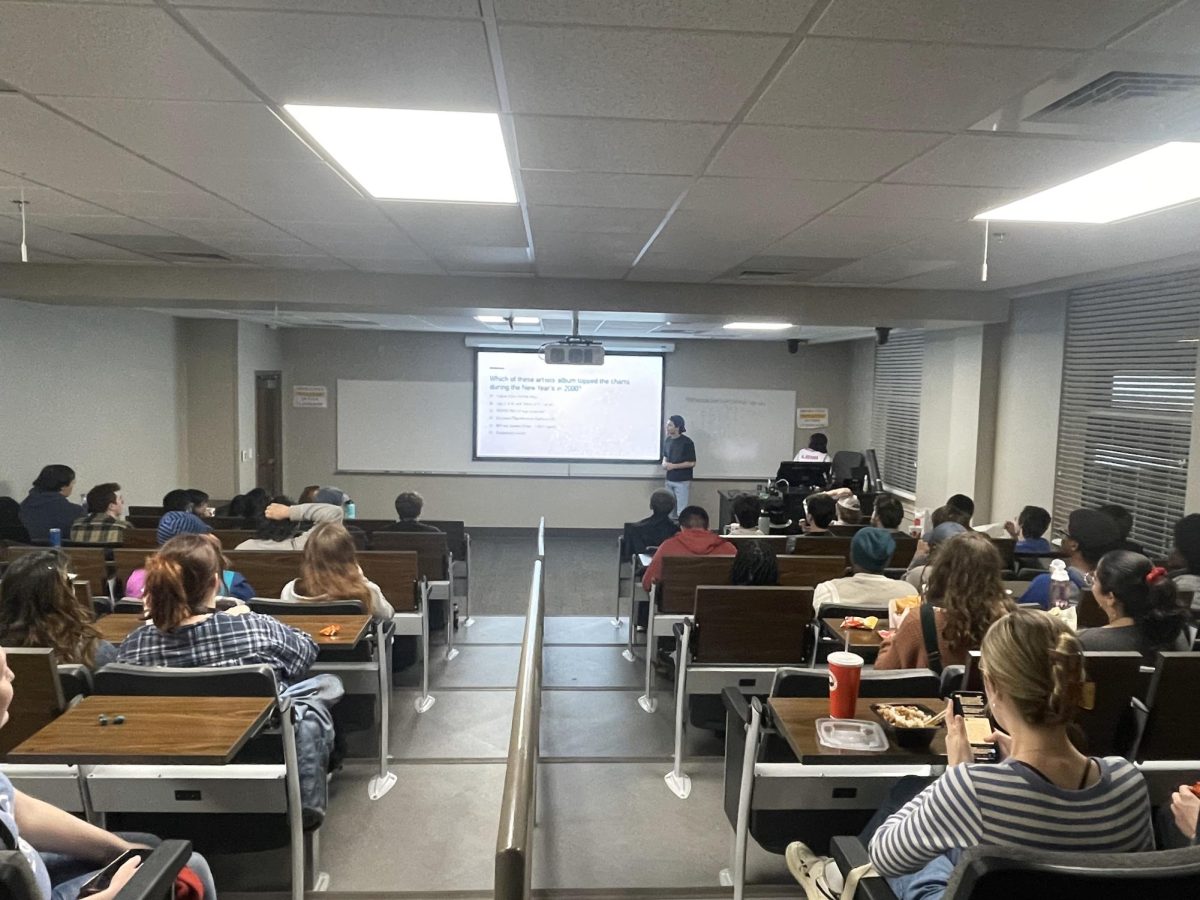Characterized by insulin resistance, Type 2 diabetes is plaguing the people of today’s society. Type 2 diabetes and obesity are among our nation’s top public health problems, and a new discovery may take the place of the age-old, lifestyle modification treatment method; but is it worth all the money?
A new discovery may have the potential to become a preventive measure in the fight against Type 2 diabetes, and it is none other than vitamin D. The National Institute of Health has reported high hopes in the effectiveness of vitamin D, which is why the institute is donating millions of dollars to fund further research. The Vitamin D and Type 2 Diabetes study, a.k.a. D2D, will involve extensive investigation involving more than 20 health centers across the United States; however, I cannot help but feel society is trying to find the easy way out.
The risk of developing Type 2 diabetes is increased in overweight individuals who have high calorie diets. Yes, in some cases this form of diabetes can be caused by genetic factors, but the majority of cases seen today are directly linked to one’s lifestyle. The number one treatment, for as long as I can remember, is a modification in one’s way of living.
In 2010, an article was published in Health Magazine telling the remarkable story of an overweight woman diagnosed with Type 2 diabetes. With hard work and the help of qualified practitioners, she was able to essentially reverse her diabetes. This case study is proof that changing one’s lifestyle is 100 percent effective in treating the condition. Unfortunately, some people do not want to do the work necessary to prevent and treat Type 2 diabetes. Rather, they are trying to find an alternative option, and that is where vitamin D comes in.
The expectation is that during the pre-diabetes stage, vitamin D can be used to prevent the development of full-blown diabetes. Nevertheless, lifestyle changes can have the same effect. NIH is donating millions of dollars to research a “convenient” treatment method when they could be spending money toward treatments and preventive programs specific to lifestyle modifications. It is time for society to stop taking the easy way out and learn to work hard and take responsibility for their health. If money continues to be spent on methods that do not empower hard work, society will not change.








